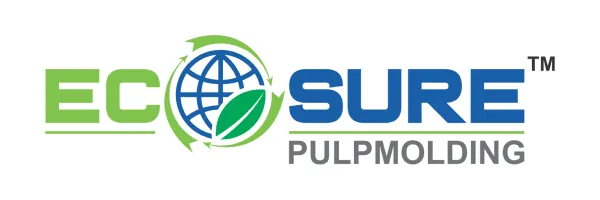Policy Shifts Accelerate the Need for Sustainable Packaging in Africa & the Middle East
As governments across Africa and the Middle East ramp up regulations this year, the packaging industry stands at a turning point—one where fiber molded alternatives offer powerful advantages in compliance, branding, and sustainability.
What’s Changing?
1. Kenya’s New EPR Law
On May 5, 2025, Kenya activated its Sustainable Waste Management Act, introducing Extended Producer Responsibility (EPR) rules. Producers and importers of packaging products are now required to oversee their goods throughout the entire lifecycle—collection, recycling, and disposal
2. Stricter Plastic Labeling Rules
Since late 2024, Legal Notice No. 181 of 2024 mandates that all plastic packaging sold in Kenya must display producer info, resin identification codes, and recycled content percentages—making transparency non-negotiable
3. Nigeria’s National Ban on Single-Use Plastics
From January 2025, Nigeria has prohibited the distribution of plastic straws, sachets, cutlery, bottles, and polystyrene containers—part of a broader drive to curb plastic pollution
4. Dubai’s Rollout of a Phased Ban
In the UAE—starting January 2025—Dubai banned polystyrene food containers, straws, cups, stirrers, and table covers. By 2026, this will expand to include all single-use
What It Means for Packaging Businesses
These changes aren’t just regulatory hiccups—they’re major market drivers:
Plastic packaging compliance is becoming complex and expensive.
Paper-based fiber molding bypasses these hurdles entirely.
EPR schemes penalize waste-heavy products. If you’re distributing plastics, you’re paying into the clean-up too. Fiber molded alternatives often receive eco-fee benefits.
Consumers and buyers are increasingly demanding compostable options. Businesses that switch early gain credibility and traction.
The Ecosure Advantage for Packaging Businesses
At Ecosure Pulpmolding Technologies, we help businesses stay ahead of these shifts.
We offer turnkey fiber molded solutions (semi-automatic to fully automated lines).
Machines work with agricultural pulp or paper pulp to create compostable packaging.
You gain a cleaner, plastic-free product with full traceability and easy compliance.
Imagine your pulp line producing plates, trays, or clamshells—not just paper rolls—transforming by-products into a high-margin resource.
What Next?
If you’re considering:
Reducing plastic dependency in packaging
Complying with EPR or labeling requirements
Adding value to existing pulp or agricultural waste




